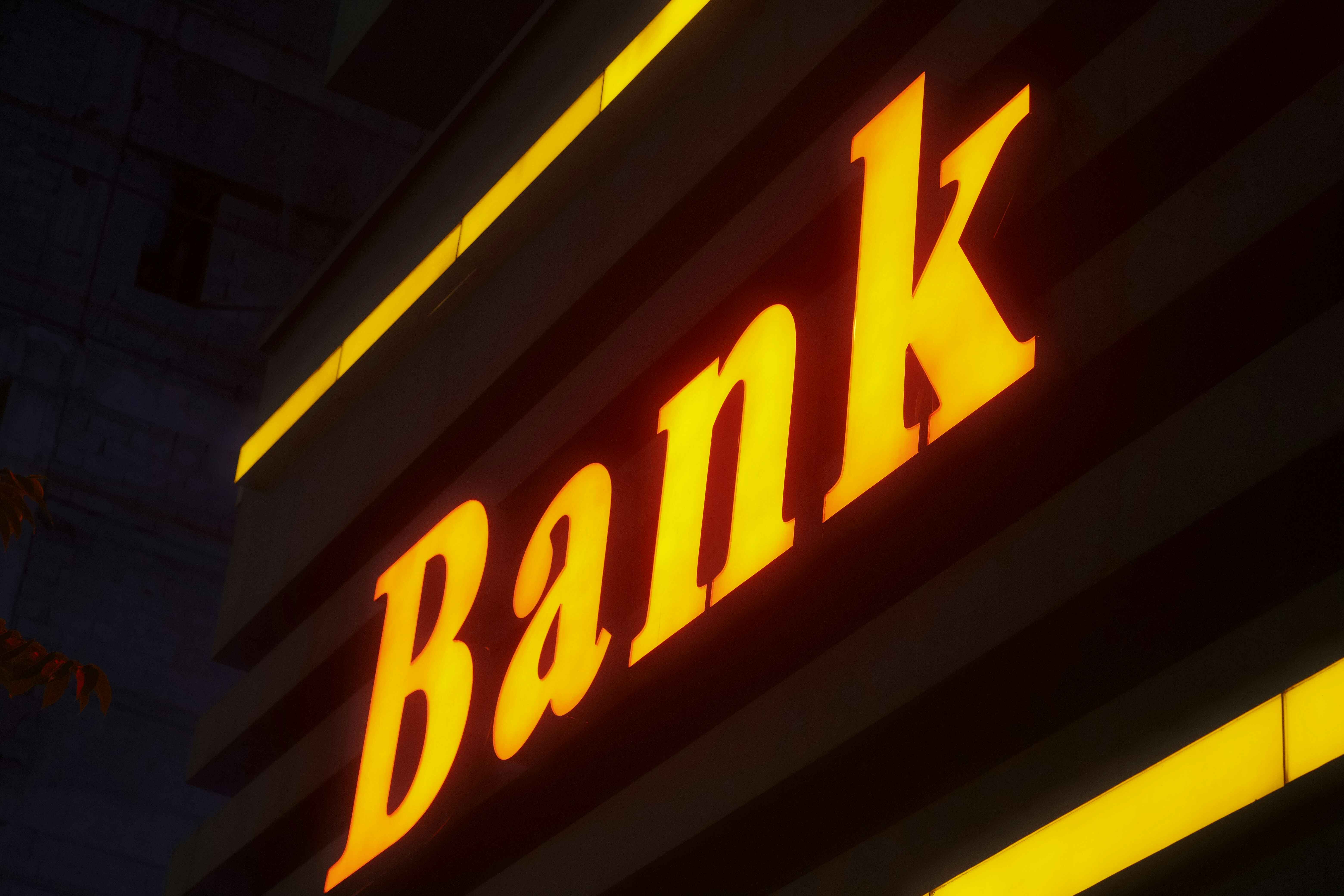When it comes to saving your hard-earned money, fixed deposits (FDs) are a popular choice among Indians. They offer assured returns and provide a sense of financial security. However, many investors face a dilemma when choosing between a corporate fixed deposit and a bank fixed deposit. While both serve the purpose of growing your savings, there are some crucial differences you should be aware of before making a decision.
Understanding Corporate FDs and Bank FDs
What is a Corporate Fixed Deposit?
A corporate fixed deposit, also known as a company fixed deposit, is an investment instrument offered by non-banking financial companies (NBFCs) and corporate entities. These FDs generally offer higher interest rates compared to bank FDs, making them an attractive option for investors seeking better returns.
What Sets Bank Fixed Deposits Apart?
Bank fixed deposits, on the other hand, are offered by commercial banks and are considered one of the safest investment options. They are regulated by the Reserve Bank of India (RBI) and come with deposit insurance coverage of up to ₹5 lakh per depositor per bank.
Key Differences: Corporate FD vs Bank FD
Interest Rates: Higher Returns vs Stability
One of the primary factors that differentiate corporate FDs from bank FDs is the interest rate offered. Corporate FDs typically provide higher interest rates to compensate for the slightly higher risk involved. For instance, while a bank FD may offer an interest rate of 5.5% for a 1-year tenure, a corporate FD could offer 7.5% for the same period.
Let’s consider an example. Suppose you have ₹1 lakh to invest for a year. With a bank FD offering 5.5% interest, you would earn ₹5,500 at maturity. However, if you opt for a corporate FD with a 7.5% interest rate, your earnings would be ₹7,500 – a difference of ₹2,000.
Safety and Risk: Deposit Insurance vs Creditworthiness
When it comes to the safety of your investments, bank FDs have an edge over corporate FDs. Bank deposits are insured by the Deposit Insurance and Credit Guarantee Corporation (DICGC) up to ₹5 lakh per depositor per bank. This means that even if the bank fails, your deposits up to ₹5 lakh are protected.
Corporate FDs, on the other hand, do not have such deposit insurance. The safety of your investment depends on the creditworthiness and financial stability of the issuing company. It’s crucial to research the company’s background, credit ratings, and financial health before investing in a corporate FD.
Liquidity and Premature Withdrawal
Both corporate FDs and bank FDs offer the option of premature withdrawal, but the terms and conditions may vary. Banks generally allow premature withdrawal of FDs, subject to a penalty that could range from 0.5% to 1% of the interest rate. Some banks may also have a lock-in period during which premature withdrawals are not allowed.
Corporate FDs may have stricter premature withdrawal terms. Some companies may not allow premature withdrawals at all, while others may charge a higher penalty compared to banks. It’s essential to read the fine print and understand the liquidity terms before investing.
Minimum Investment and Tenure Flexibility
Bank FDs offer a wide range of tenures, starting from as low as 7 days and going up to 10 years. The minimum investment amount for bank FDs is usually low, making them accessible to a larger investor base. For example, State Bank of India (SBI) allows you to open an FD with a minimum amount of ₹1,000.
Corporate FDs, in comparison, may have higher minimum investment requirements and limited tenure options. The minimum investment amount could range from ₹10,000 to ₹1 lakh, depending on the company. The tenures offered may also be restricted, typically ranging from 12 months to 5 years.
Taxation: Interest Income and TDS
The interest earned on both corporate FDs and bank FDs is taxable as per your income tax slab. If your total interest income from all your FDs exceeds ₹40,000 in a financial year (₹50,000 for senior citizens), the issuer will deduct TDS (Tax Deducted at Source) at the rate of 10%.
However, if you submit Form 15G (for those below 60 years) or Form 15H (for senior citizens) and your total income is below the taxable limit, you can avoid TDS deduction. It’s advisable to consult a tax expert to understand the tax implications based on your individual financial situation.
Making an Informed Decision
Choosing between a corporate FD and a bank FD depends on your financial goals, risk appetite, and investment horizon. If safety is your top priority and you are comfortable with lower returns, bank FDs may be a suitable choice. They offer deposit insurance and are backed by the RBI’s regulations.
On the other hand, if you are willing to take a slightly higher risk in exchange for better returns, corporate FDs can be an attractive option. However, it’s crucial to thoroughly research the company’s financial stability, credit ratings, and track record before investing.
Airtel Finance: A Trusted Partner for Your Investment Needs
When exploring corporate FD options, consider Airtel Finance – a reliable and customer-centric financial services provider. Airtel Finance offers competitive interest rates on their fixed deposits, along with a seamless investment process.
With Airtel Finance, you can easily calculate your FD returns using their online interest calculator. This tool helps you estimate your earnings based on the investment amount, tenure, and interest rate, enabling you to make informed decisions.
Moreover, Airtel Finance provides the flexibility of a loan against your FD, allowing you to access funds without breaking your deposit. Their transparent documentation process ensures a hassle-free experience for investors.
To start your investment journey with Airtel Finance, visit their fixed deposit page and explore the various options available. With attractive returns, flexible tenures, and a customer-friendly approach, Airtel Finance can be your trusted partner in achieving your financial goals.
Conclusion:
Choosing between a corporate FD and a bank FD requires careful consideration of factors such as interest rates, safety, liquidity, and investment terms. While bank FDs offer deposit insurance and regulatory protection, corporate FDs provide the potential for higher returns. Ultimately, the decision depends on your individual financial situation and risk tolerance.
By understanding the key differences and evaluating your investment objectives, you can make an informed choice that aligns with your financial goals. Remember to conduct thorough research, compare options, and read the fine print before investing.
If you’re looking for a reliable corporate FD option, consider Airtel Finance. With competitive interest rates, flexible tenures, and a customer-centric approach, Airtel Finance can help you grow your savings while providing a seamless investment experience. Visit their website to learn more and start investing today!
FAQs:
-
What is a Corporate FD?
A Corporate FD is a fixed deposit offered by non-banking financial companies (NBFCs) and corporate entities, typically offering higher interest rates compared to bank FDs. -
What is a Bank FD?
A Bank FD is a fixed deposit offered by commercial banks, considered one of the safest investment options, regulated by the RBI, and covered by deposit insurance. -
Is the interest rate offered by banks and corporations for fixed deposits the same?
No, corporate FDs generally offer higher interest rates compared to bank FDs to compensate for the slightly higher risk involved. -
Is corporate fixed deposit safe?
The safety of a corporate FD depends on the creditworthiness and financial stability of the issuing company. It’s crucial to research the company’s background and credit ratings before investing.


 Get App
Get App  Airtel Store
Airtel Store  Login
Login 


